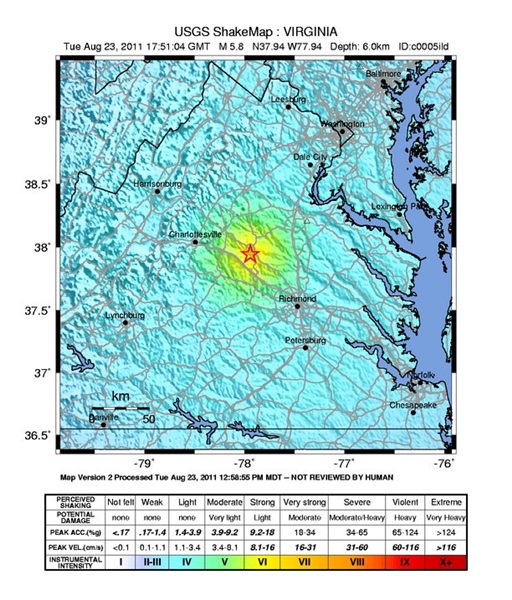WASHINGTON, April 27, 2010 — Defense Secretary Robert M. Gates today expressed satisfaction with the level of planning by the Defense Department and other elements of the U.S. government to counter threats from Iran.
“I’m very satisfied with the planning process both within this building and in the interagency,” Gates told Pentagon reporters. “We spend a lot of time on Iran, and we’ll continue to do so.”
Israeli Defense Minister Ehud Barak, appearing alongside Gates after a meeting at the Pentagon, endorsed diplomatic efforts and sanctions to steer Iran away from its nuclear ambitions.
“We think that they should be blocked,” Barak said of Iran. “And I think that the time is clearly, at this stage, time for sanctions and diplomacy.”
Barak backed international economic sanctions in efforts to curb Iran’s nuclear ambitions, saying he expects sanctions to be “effective and to be limited in time so we will be able to judge to whether — what kind of results stem from the sanctions regime.” But he added that “only time will tell to what extent they are really effective.”
The administration of President Barack Obama and U.S. allies are working to build a consensus for pressuring Iran through economic sanctions. Iran contends its nuclear pursuit is for peaceful purposes, while many believe the country seeks to obtain a nuclear weapon.
Speaking about the Obama administration’s stance on Iran’s nuclear pursuit, National Security Advisor Jim Jones last week said Iran failed to show that its program was for peaceful purposes when given the opportunity before an international audience.
“To date, we have seen no indication that Iran’s leaders want to resolve these issues constructively,” Jones said at the Washington Institute for Near East Policy here. “Iran’s government must face real consequences for its continued defiance of the international community.”
Iran’s defiance of its international obligations on its nuclear program and the country’s support of terrorism represent “a significant regional and global threat,” said Jones, emphasizing that the U.S. is determined to prevent Iran from developing nuclear weapons.
Barak today used similar tones to express his views on threats facing Israel, among them being the potential of a nuclear-armed Iran.
“These threats have broad implications,” he said, “not only to Israeli security, but to the entire region’s security and any conceivable world order.”
Defense officials have described the security threats posed by Iranian proxies operating in the Middle East — Hamas in Gaza and Hezbollah in Lebanon — which the United States and Israel consider terrorist organizations.
The defense secretary today lashed out at Syria and Iran for providing Hezbollah with rockets and missiles “of ever- increasing capability.”
“We are at a point now where Hezbollah has far more rockets and missiles than most governments in the world,” he said. “And this is obviously destabilizing for the whole region, and so we’re watching it very carefully.”
Source:
U.S. Department of Defense
Office of the Assistant Secretary of Defense (Public Affairs)

 von
von 